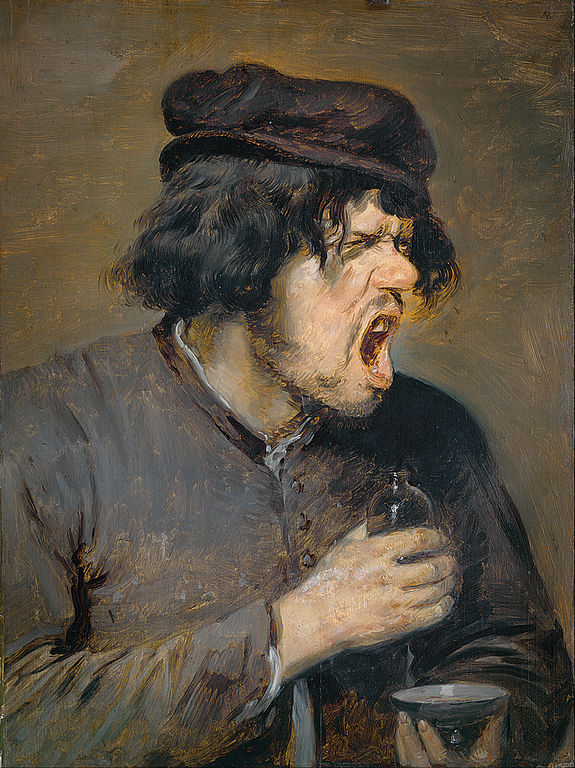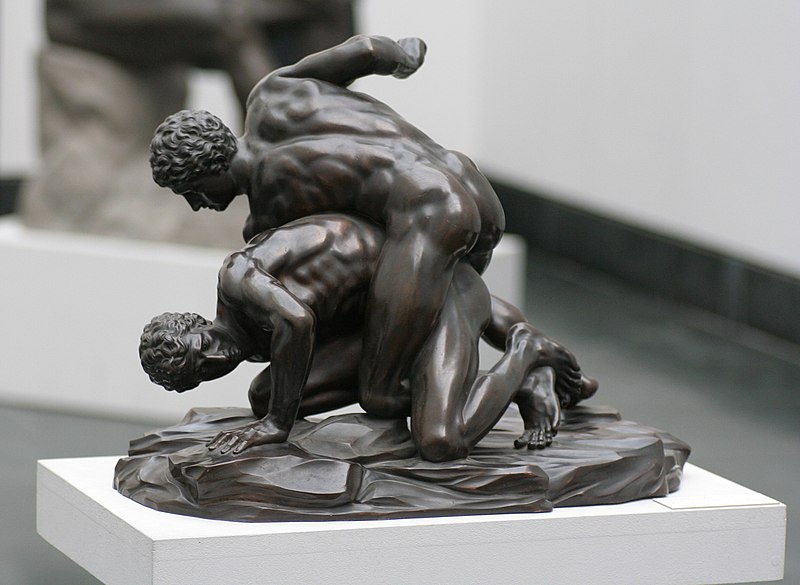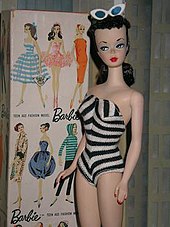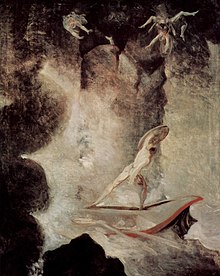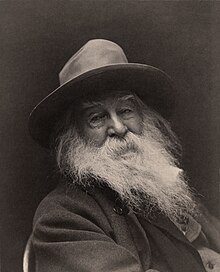The very silly BBC Radio 4 programme I'm Sorry I Haven't A Clue has just begun a new series.
I know British humour can be a bit baffling in the saner parts of the world, but here's one of their jokes anyway.
Two nuns are driving along and suddenly Dracula falls down onto the bonnet of their car. Well, they're absolutely terrified. 'What shall we do, what shall we do?' says one of them, and the other one says 'show him your cross!'
So the first one shouts 'Get off my flipping bonnet!'
*
Well, I told you the programme is very silly.
Bonnet, as I expect you know, is British for the front flap of a car, the bit that in the USA is (I understand) called the hood. In the USA a bonnet could be a feathered Native American headdress - whereas in Britain a feather bonnet is worn by Scottish soldiers.

Feather bonnet at the Battle of Waterloo. Painting by William Lockhart Bogle
Even more confusingly, a Scotch bonnet is a sort of hot pepper:
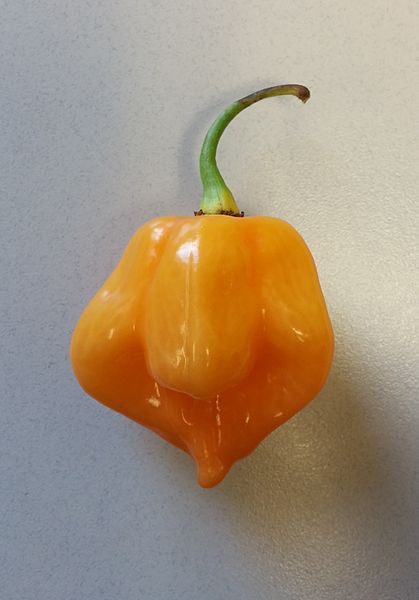
seldom worn by Scottish soldiers. Photo by
Thegeeb
In all parts of the world a bonnet is a lady's hat of a sort that hasn't been worn since about 1900, and only by very old ladies even then.

painting of Mrs Kathleen Newton by James Tissot
A Tudor bonnet, however, is modern: it's the current academic dress if you happen to have a British doctorate.
There are other bonnets all over the place, too.
A cowl on a chimney can be called a bonnet:

so are a couple of plumbing tools, and it's also an extra bit of sail you tie to the bottom of a foresail in light winds.
If you're in Southern India (hello, there!) then you may just be lucky enough to see a Bonnet Macaque, Macaca radiata.

Unfortunately, though, I think I'm going to have to make do with the front of a car.
Spot the Frippet: bonnet. This word comes from the Latin abonnis, but before that its origin is a mystery.
















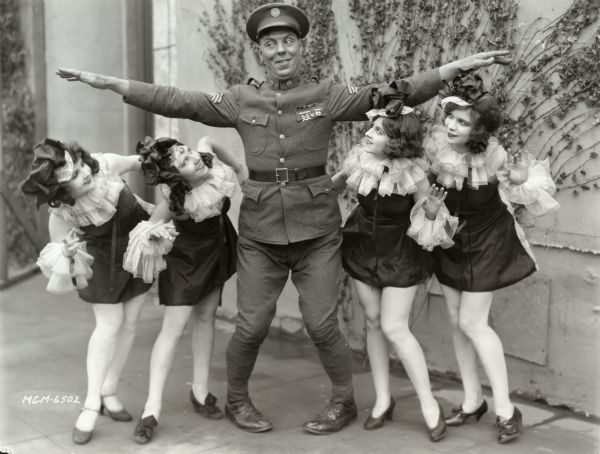

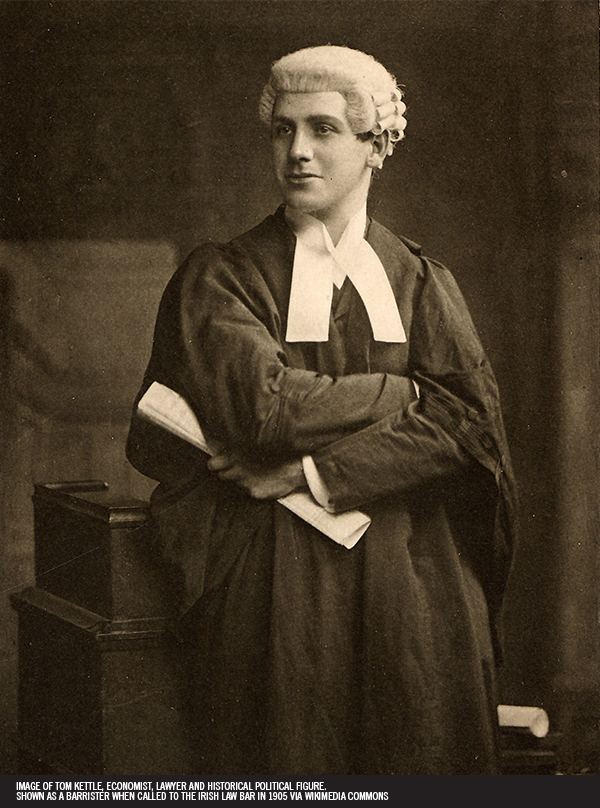
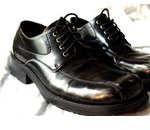







![[Korean alphabet: Overview]](http://www.wright-house.com/korean/korean-graphics/hangul-basic.jpg)

